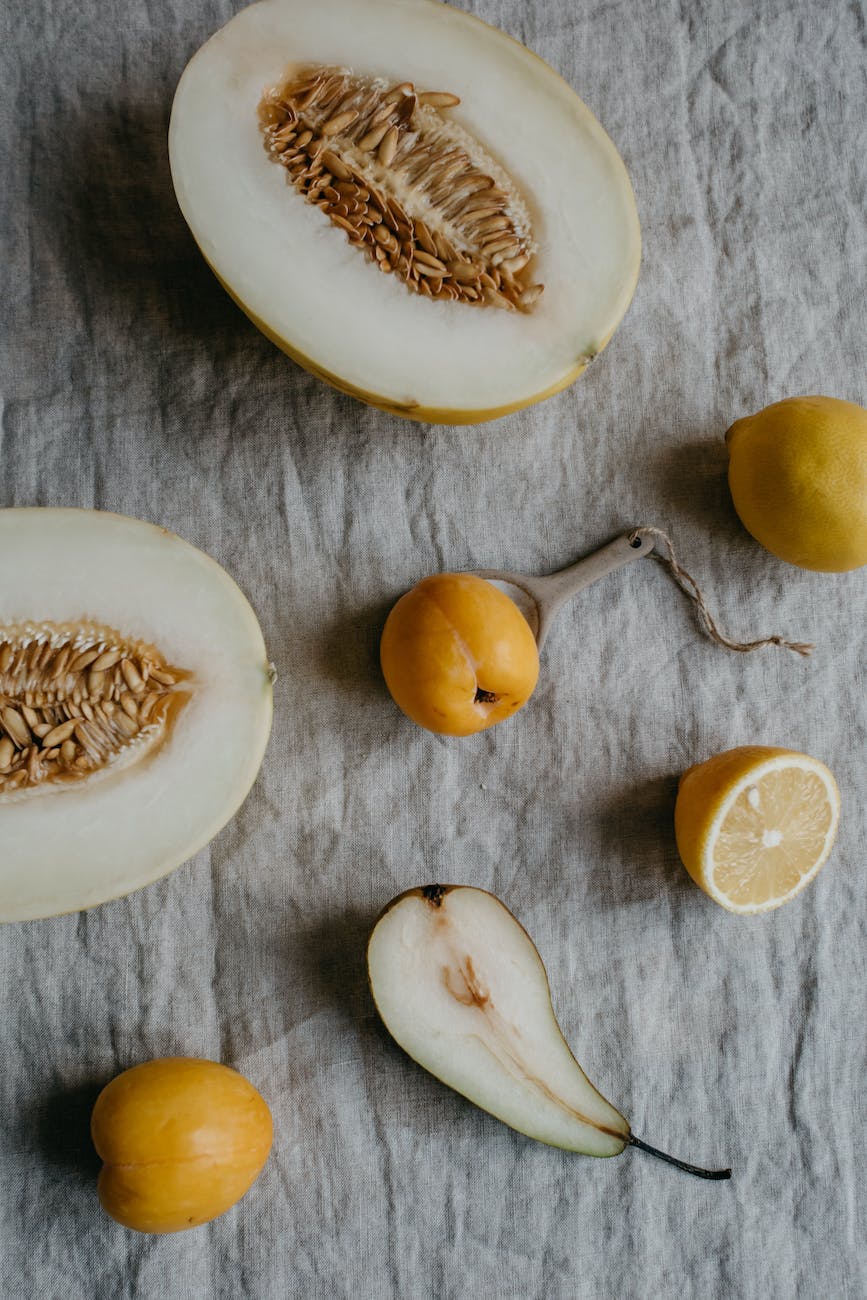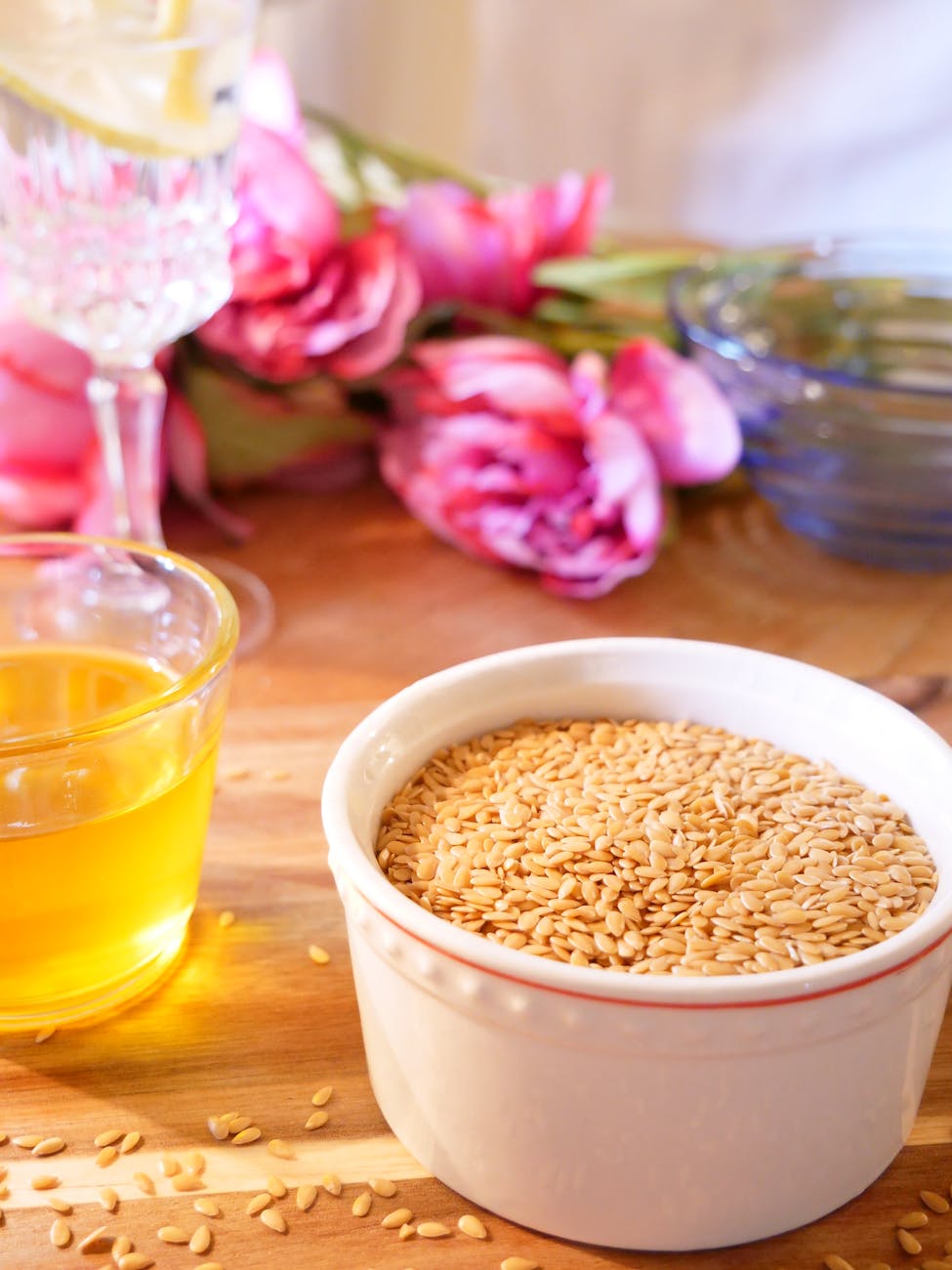
Introduction: Cantaloupe, with its vibrant orange flesh, sweet aroma, and refreshing taste, is a beloved fruit enjoyed during the summer months. In addition to its delightful flavor, understanding the nutritional value, carbohydrate content, and health benefits of cantaloupe can help you make informed decisions about incorporating this fruit into your diet. In this comprehensive article, we will take a deeper dive into the world of cantaloupe nutrition, exploring its facts, figures, and the potential positive impact it can have on your health.
Cantaloupe Nutrition: A Powerhouse of Essential Nutrients 🍈🌿
Cantaloupe is not only a tasty treat but also a nutrient-dense fruit that can contribute to a well-rounded diet. Let’s examine the notable nutritional components found in cantaloupe:
- Vitamin C: Cantaloupe is an excellent source of vitamin C, providing about 58% of the recommended daily intake per cup. Vitamin C acts as an antioxidant, supporting immune function and promoting collagen production for healthy skin, bones, and connective tissues.
- Vitamin A: Cantaloupe is rich in vitamin A, primarily in the form of beta-carotene, which is converted to vitamin A in the body. Vitamin A is essential for maintaining healthy vision, supporting cell growth, and boosting immune function.
- Potassium: Cantaloupe contains a significant amount of potassium, an important mineral involved in maintaining fluid balance, regulating blood pressure, and supporting heart health. A cup of cantaloupe provides approximately 14% of the recommended daily intake of potassium.
- Fiber: Cantaloupe is a good source of dietary fiber, which aids in digestion, promotes feelings of fullness, and helps regulate blood sugar levels. One cup of cantaloupe offers approximately 1.6 grams of dietary fiber.
- Water Content: With its high water content of around 90%, cantaloupe is an excellent hydrating fruit, contributing to your daily fluid intake and helping to maintain optimal hydration levels.
Cantaloupe Nutrition Facts: Serving Size and Caloric Content 📊🍉
To gain a better understanding of the nutritional impact of cantaloupe, let’s take a closer look at its serving size and caloric content. The following information is based on a standard serving size of one cup (about 160 grams) of cubed cantaloupe:
- Calories: One cup of cantaloupe contains approximately 60 calories, making it a low-calorie fruit suitable for various dietary needs, including weight management.
- Carbohydrates: A serving of cantaloupe typically contains around 14 grams of carbohydrates. These carbohydrates are primarily in the form of natural sugars, including fructose, which contributes to the fruit’s sweet taste.
- Protein and Fat: Cantaloupe is not a significant source of protein or fat, with minimal amounts present in each serving.
Carbs in Cantaloupe: Understanding the Carbohydrate Composition 🍈🌾
If you’re following specific dietary plans or managing blood sugar levels, understanding the carbohydrate content of cantaloupe can be useful. Here’s what you need to know:
- Total Carbohydrates: One cup of cantaloupe contains approximately 14 grams of carbohydrates.
- Fiber: Cantaloupe provides around 1.6 grams of dietary fiber per cup. While not extremely high in fiber, it still contributes to your daily intake and supports digestive health.
- Sugars: The carbohydrate content in cantaloupe comes primarily from natural sugars, such as fructose. However, the fruit has a relatively low glycemic index, meaning it has a minimal impact on blood sugar levels.
Health Benefits of Cantaloupe: Nourishing Your Body from Within 🌿💪
Incorporating cantaloupe into your diet can offer several potential health benefits:
- Antioxidant Protection: Cantaloupe’s rich vitamin C and beta-carotene content provide antioxidant support, helping to neutralize harmful free radicals and reduce oxidative stress in the body.
- Immune System Support: The high vitamin C content in cantaloupe strengthens the immune system, aiding in the prevention of common illnesses and promoting overall health.
- Eye Health: The significant amount of vitamin A, primarily in the form of beta-carotene, found in cantaloupe supports healthy vision and may reduce the risk of age-related macular degeneration.
- Hydration: With its high water content, cantaloupe can help maintain optimal hydration levels, contributing to overall well-being and supporting healthy bodily functions.
- Digestive Health: The dietary fiber present in cantaloupe promotes regular bowel movements, aids in digestion, and helps prevent constipation.
Incorporating Cantaloupe into Your Diet: Delicious and Nutritious Ideas 🍈🍽️
Here are some delightful ways to enjoy cantaloupe and reap its nutritional benefits:
- Fresh and Simple: Enjoy cantaloupe on its own as a refreshing snack. Slice it into cubes or wedges and savor the natural sweetness.
- Fruit Salads: Combine cantaloupe with other fruits like berries, watermelon, and pineapple to create a vibrant and nutritious fruit salad.
- Smoothies and Juices: Blend cantaloupe with other fruits and vegetables for a hydrating and delicious smoothie or juice.
- Grilled Cantaloupe: Try grilling cantaloupe slices for a unique twist, enhancing the fruit’s natural flavors and caramelizing its sugars.
Conclusion:
Cantaloupe not only tantalizes the taste buds but also provides an array of essential nutrients, hydration, and potential health benefits. By understanding its nutritional composition, including carbohydrates, you can make informed decisions about incorporating this delicious fruit into your diet. Whether enjoyed fresh, in salads, blended into smoothies, or grilled, cantaloupe offers a flavorful way to enhance your well-being while satisfying your taste buds.













